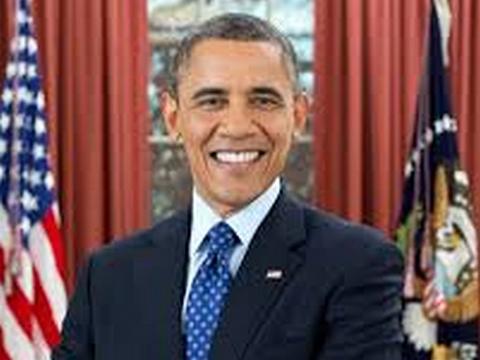Sierra Leone’s accession to the prestigious and lucrative United States Millennium Challenge Corporation (MCC) status is in doubt. A usually reliable source in Washington DC told Politico that the country was likely to be rejected from benefiting from the bilateral foreign aid which gives access to a beneficiary country to hundreds of millions of dollars in aid money. Our source says the key sticky points border on transparency in governance, or the lack of it, and the fight against corruption which, the source says, were not satisfactory in the views of the MCC Board, chaired by the US Secretary of State and comprises such members as the US Secretary of the Treasury who is the vice chair, the administrator of USAID and the US Trade Representative among others. However, State House Chief of Staff, Dr Richard Konteh who is spearheading the MCC project, told Politico that he was not aware of the possible rejection of the country’s bid. The US embassy in Freetown could not be reached for a comment because both Monday and Tuesday were holidays. There are 17 transparent policy indicators for the MCC status, and selection of a recipient country is based on its performance in those areas. The country has to come up with clear and workable framework in identifying its priorities in achieving sustainable economic growth and poverty reduction. The benchmarks include civil liberties, political rights, voice and accountability, effective governance, the rule of law, control of corruption, immunisation rates, public expenditure on health, girls’ primary education completion rate, natural resource management, inflation, land rights, among others. Of these 17 indicators a country should score more than the average of its peer group. They are compiled by third parties with no connection to the MCC and are made without politics with the strict benchmarks met. A recent World Bank report which Politico has obtained and will deal with in the coming weeks does not look very favourable relative to the management of the country’s mineral resources. And concerns have also been expressed about the spate of corruption in the country and the apparent ambivalence in fighting it. Since it was established in 2004 African countries that have benefitted from the MCC include Ghana, Cape Verde, Mali, Benin, Lesotho, Morocco, Mozambique and Senegal. Because qualification is not a one-off rather is based on an annual review of the benchmarks, The Gambia was suspended from eligibility on June 16, 2006 because of the deterioration in 8 of the 16 criteria categories. When Mali was approved in 2006 it received $ 461 million to develop modern irrigation systems and an industrial park. Uganda was rejected because of corruption. © Politico 16/10/13
 Sierra Leone's MCC status in doubt
Sierra Leone's MCC status in doubt
Category:








